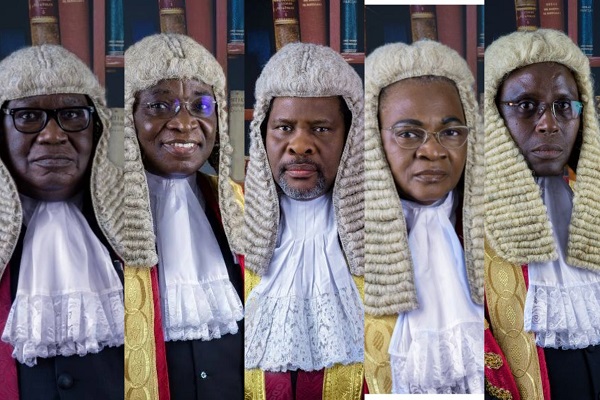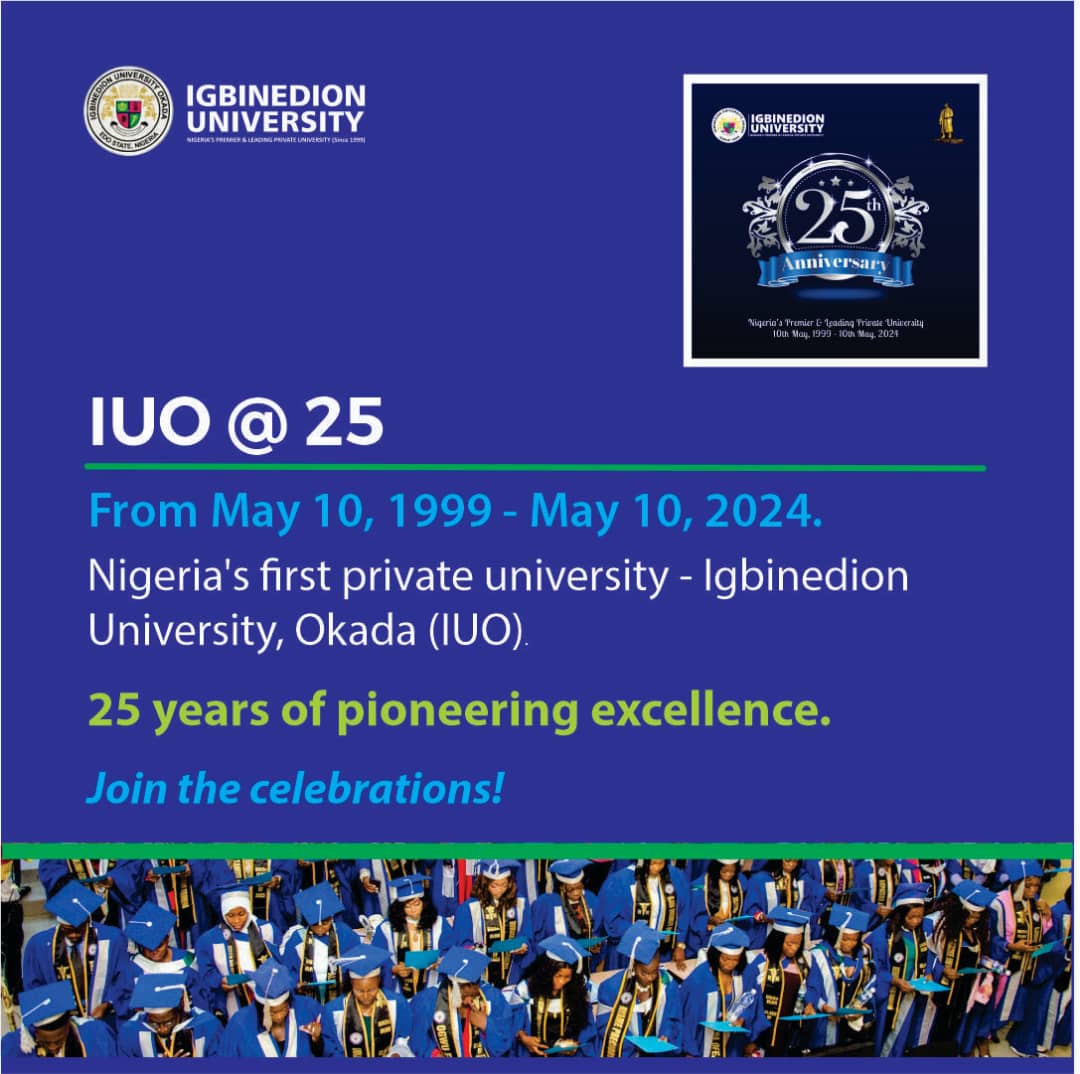The Presidential Election Petition Court has confirmed Wednesday 6th September as the judgment date for the three petitions challenging the outcome of the 2023 presidential election.
The confimation follows a sequence of events that unfolded into a legal battle after the Chairman of the Independent National Electoral Commission (INEC), Professor Mahmood Yakubu, declared Bola Tinubu of the All Progressives Congress (APC) as the winner of the February presidential election on March 1.
In the aftermath of this declaration, five political parties and their respective candidates, who were contenders in the election, submitted petitions challenging the legitimacy of Tinubu’s victory.
These petitions raised critical concerns regarding the election’s integrity and the authenticity of the results declared by INEC and hearing commenced on May 8.
Chaired by the presiding justice, Justice Haruna Tsammani, the tribunal’s responsibility is to examine and resolve petitions linked to the presidential election.
In the weeks leading up to the judgment day, Nigerians initiated a campaign urging the courts to uphold justice, with the trending hashtag #AllEyesOnTheJudiciary.
With barely 24hours to the delivery of the long awaited judgement, some analysts say the court’s decision could be a make or mar for the country, but human rights lawyer and activist Femi Falana, has cautioned that the verdict delivered on Wednesday is not final.
Falana said: “We have been having election petitions since the colonial era, but none has attracted such level of blackmail and intimidation of the judiciary.
“I am worried that people give the impression that everything ends with the judgement of the Court of Appeal, the Presidential Election Petition Tribunal. Any party that loses on Wednesday still has the opportunity to appeal to the Supreme Court.”
As the nation awaits the outcome of the 2023 Presidential Election Petition Court, here’s a closer look at the five judges who will deliver what is set to become a landmark judgement:
1. Justice Haruna Tsammani – Chief Registrar of the Court of Appeal
Justice Tsammani, born on November 23, 1959, hails from Bauchi State. He boasts a distinguished legal career, with an LL.B degree from Ahmadu Bello University and a BL from the Nigerian Law School. Appointed as a High Court judge in Bauchi State in 1998, he later ascended to the Court of Appeal in 2010. With 24 years as a judge, Justice Tsammani is the longest-serving among the panel members. Remarkably, he delivered a key judgment affirming Governor Yahaya Bello’s second-term election in Kogi State.
2. Justice Abba Mohammed
Born on February 19, 1961, Justice Abba Mohammed hails from Kano State. He earned his LL.B degree from Ahmadu Bello University and his BL certificate from the Nigerian Law School. In 2010, he was appointed a judge of the Federal Capital Territory (FCT) High Court, and his dedication led to his promotion to the Court of Appeal in 2021. Justice Mohammed chaired the Nasarawa State Governorship Election Tribunal in 2019.
3. Justice Stephen Adah
The presiding Justice of the Asaba Division of the Court of Appeal, Justice Stephen Adah, was born on June 13, 1957, in Kogi State. He completed his LL.B degree at Ahmadu Bello University and earned his BL from the Nigerian Law School. His judicial journey began as a Federal High Court judge in 1998, with subsequent elevation to the Court of Appeal in 2012. Justice Adah played a crucial role in granting Obi and Atiku’s motions during the 2019 election petitions, allowing them to serve their petitions to Bola Tinubu via substituted means.
4. Justice Mistura Bolaji-Yusuf
The sole female member of the panel, Justice Misitura Bolaji-Yusuf, was born on August 7, 1959, and hails from Oyo State. Her legal education includes an LL.B degree from Obafemi Awolowo University and a BL from the Nigerian Law School. She commenced her judicial career as a Judge of the High Court of Oyo State in 1997 before her elevation to the Court of Appeal in 2014.
5. Justice Boloukuoromo Ugo
At 57, Justice Boloukuoromo Ugo is the youngest among the panel members. He originates from Bayelsa State and obtained his LL.B degree from the University of Calabar. Following his BL certificate from the Nigerian Law School, he was appointed a Judge of the High Court of Bayelsa State in 2006, later ascending to the Court of Appeal in 2018.









